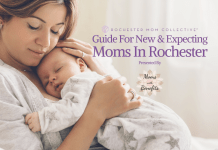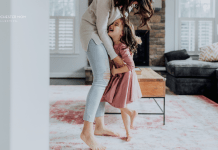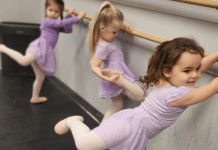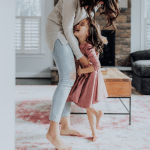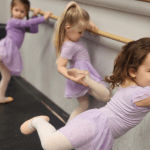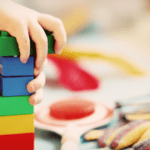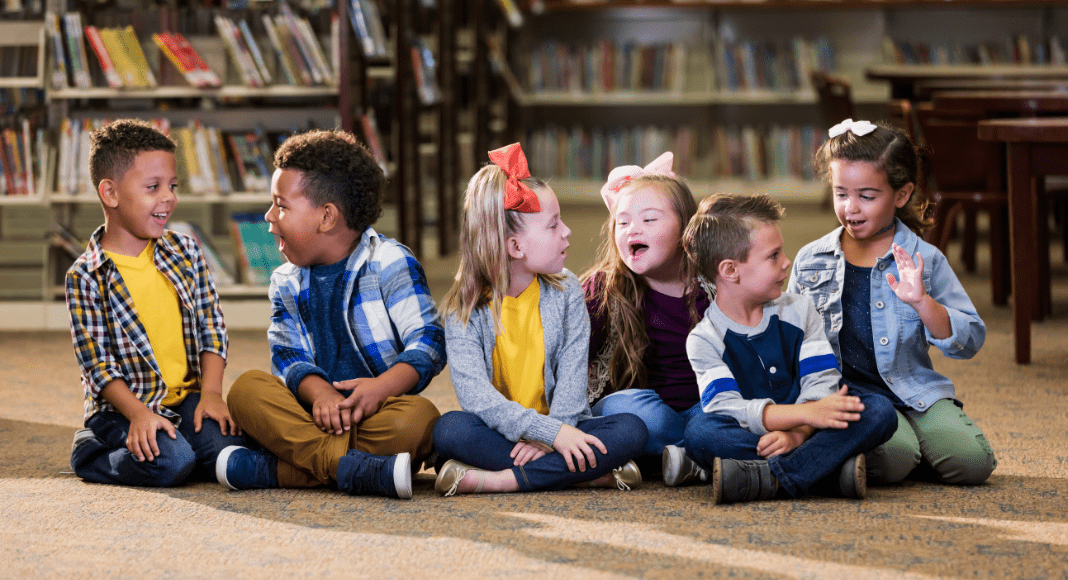
In my opinion, our kids’ friendships are one of the hardest things to navigate as a parent. They are so important but other than facilitating playdates, we have so little control over how they play out! Each stage of my kids’ lives has brought new friendship challenges, and adult friendship challenges are something I am still navigating. However, when you add disability to the mix of childhood friendships, there is a new wrinkle.
Over the years as we have navigated friendships for my daughter with a disability and worked with her peers and their parents, a few themes have come up that help navigating friendships that I wish everyone could know, as we all work to make the world and elementary school a bit more inclusive. These are based on our family’s experiences, and obviously every person with a disability and family will be different, so we cannot speak for them and can only speak from our own experiences.
Don’t be afraid to discuss disability.
We all have had the moment when our kid says something awkward, asks a question or points at a stranger in the grocery store or a child at the playground. The first reaction is to shush them and say “we don’t point!” or “don’t say that.” I would encourage parents that rather than shushing, answer the questions in simple, direct, and developmentally appropriate ways. By shushing kids, we can teach that disability is shameful, and we miss an opportunity to normalize disability.
An example would be when we are asked, “Why does she talk like that?” for our daughter with Down syndrome. I will answer “The muscles of her mouth don’t work like the muscles of your mouth so she has to work a bit harder to talk.” Incorporating books, toys or shows that have characters with disability can help as well as they can offer the chance to talk about it in lower pressure situations and the books and shows can sometimes offer some ideas on how to talk about it. That way when you encounter those situations in real life, your kids have already had their questions answered.
Offer the invitation.
Whether it is an invitation to play on the playground or an invite to a birthday party, there are times when people were nervous to offend us, or that something would be “too much” for our family or our daughter and therefore they didn’t invite us or offer the opportunity. Please offer the opportunities! There are birthday parties we have chosen not to attend as we knew that was not a good fit for us, or that I have attended to help support our daughter’s participation. But it is always better to offer the invitation and, if needed, ask if the parent wants to attend or if the child would need any supports to allow them to participate.
Ask don’t assume.
Along the same lines, please ask anything! We would always prefer to answer questions as opposed to have the awkwardness of assumptions regarding what might work or not getting in the way of friendships. This has come up with friends who felt bad that we were hosting playdates while they were not reciprocating. In some ways, it can be easier for us to host to help be there to answer questions or help navigate situations, so we prefer it!
Facilitate friendship.
While we are all always learning about friendships, kids especially are open to guidance on promoting friendships. Proximity and similar interests are the foundation of elementary friendships so helping to provide those bedrocks can be huge to getting the friendship ball rolling for kids. It can also be important to help typically developing peers get over the bumps of different communication methods or different physical abilities. Kids can presume that because a child walks or talks at a similar level as their younger sibling, they should talk to them or play with them similar to a younger child. This can happen often to our daughter who has poor articulation. Because she speaks in short sentences, or doesn’t say words correctly, peers will talk to her with baby talk. I often will help get over this by talking about activities, music or toys that she enjoys that peers might also enjoy to help build the bridge of similar interests.
Lead by example.
The biggest way children will learn how to treat peers with disabilities is by watching how the adults around them treat people with disabilities. The biggest way this has come up for us is in how you handle behaviors that might not be typical. I find that if the adults are uncomfortable with behaviors than the kids around them learn to be uncomfortable. However, if the adults approach behaviors with curiosity and understanding, and help the kids around them understand them it can reduce the stigma. Our daughter can get overwhelmed in situations with loud noises or bright lights. Wearing headphones and having a fidget toy can help her tolerate those situations better, but her peers are often curious why she is doing that. If we view it as not a big deal and explain that it helps her manage the loud noises peers can understand.



